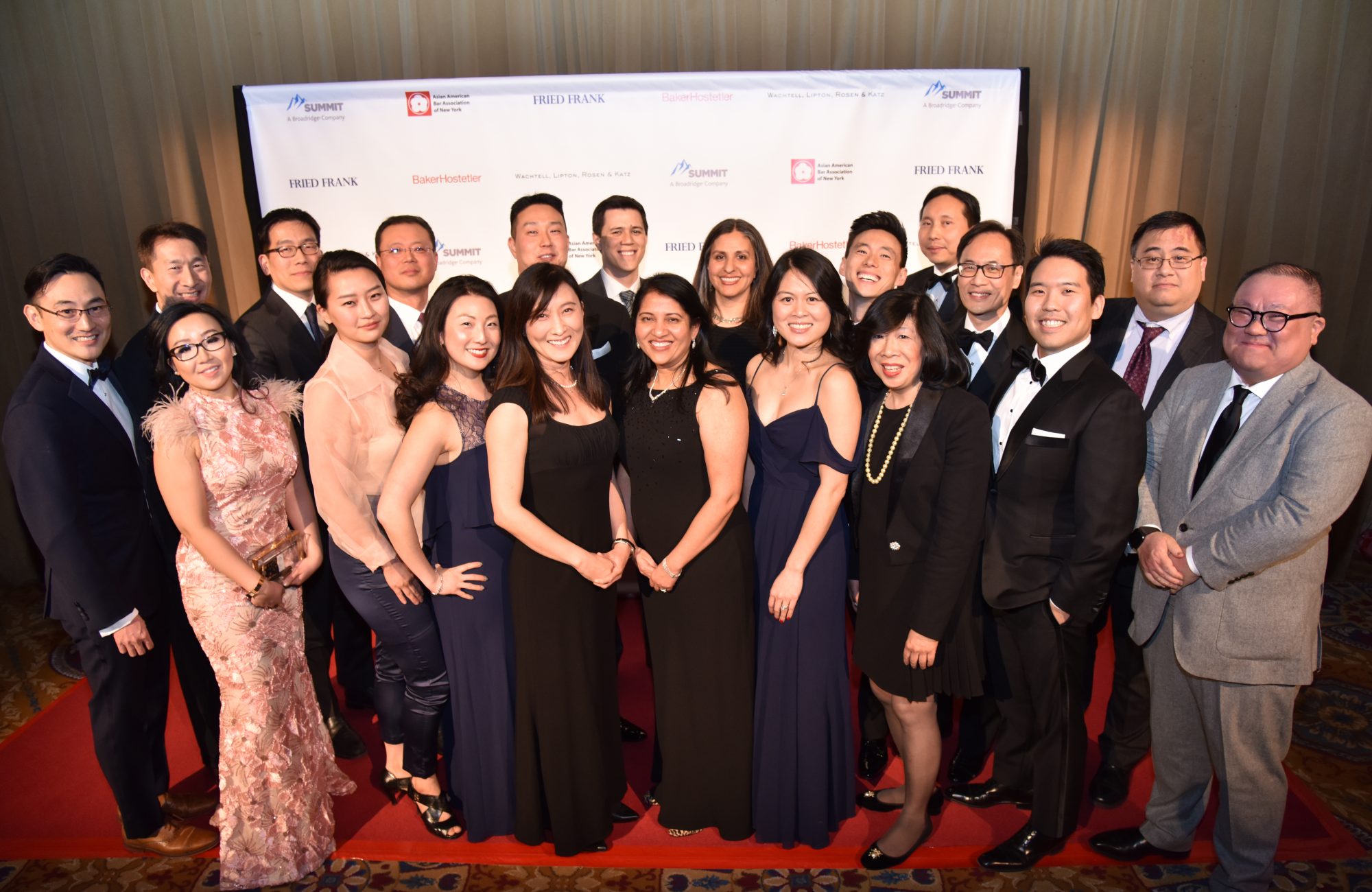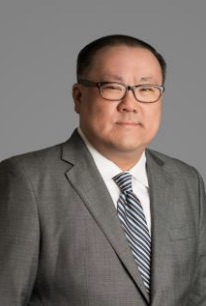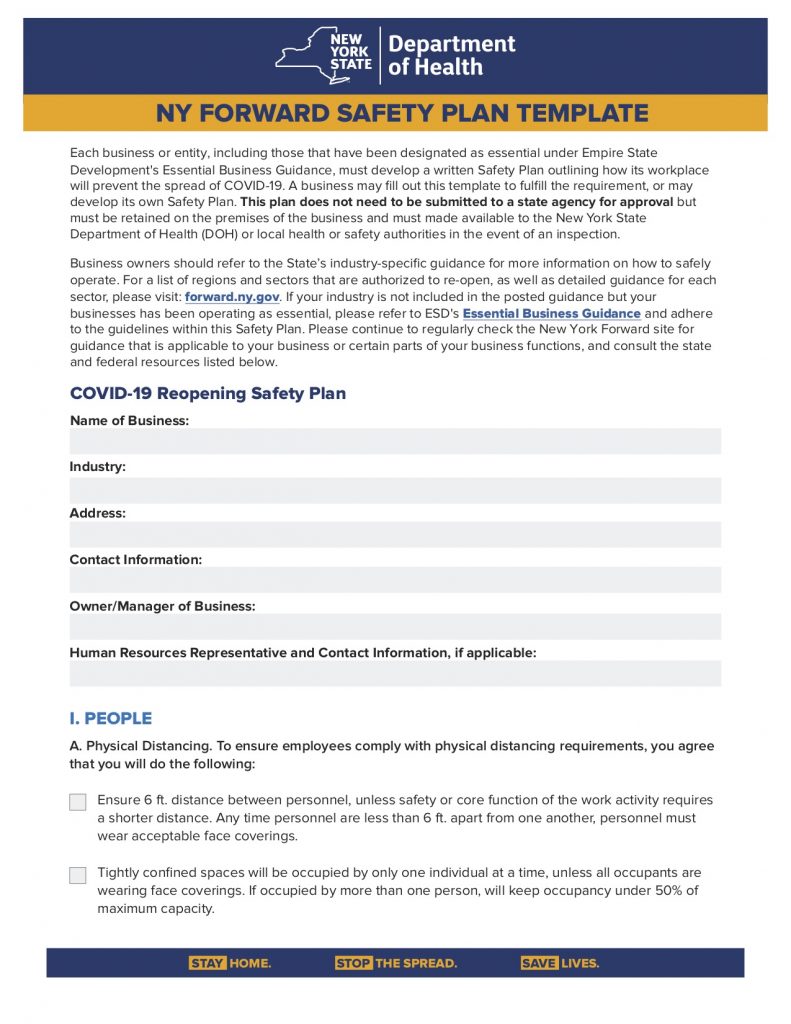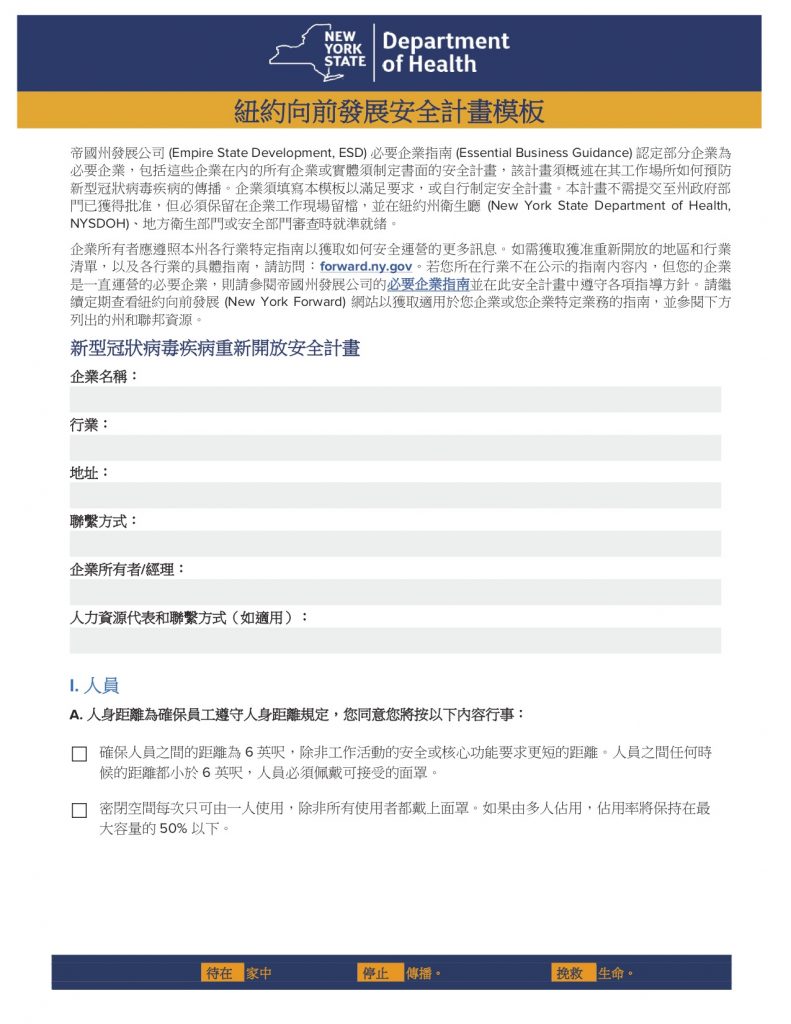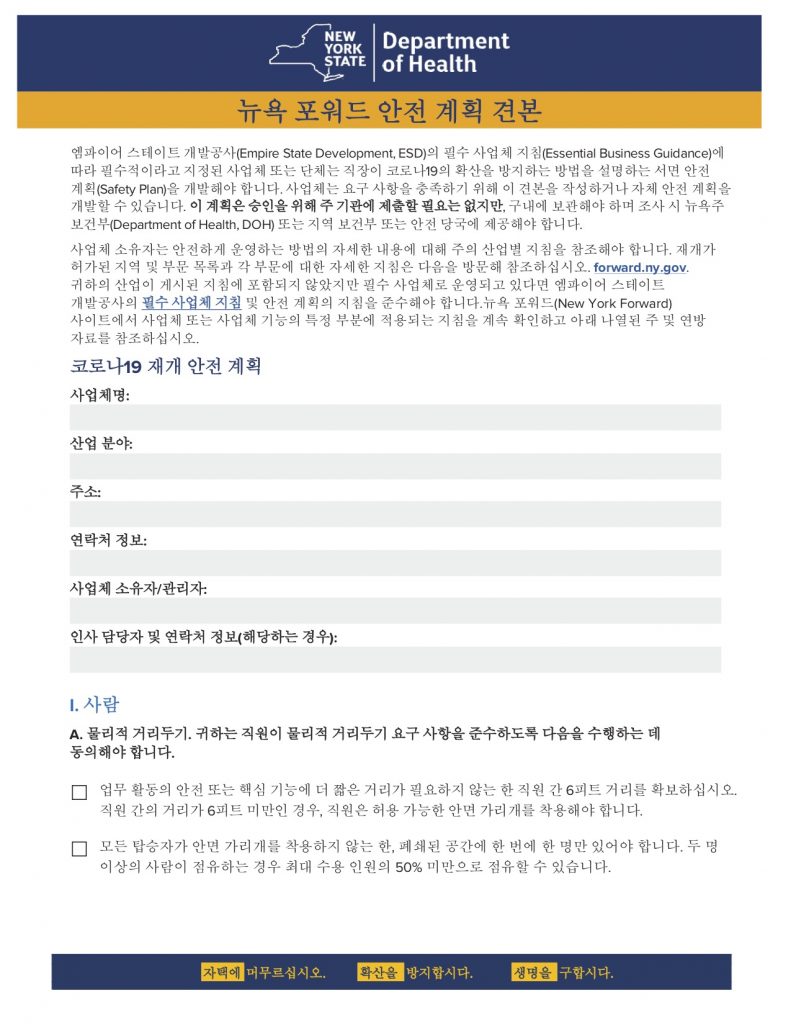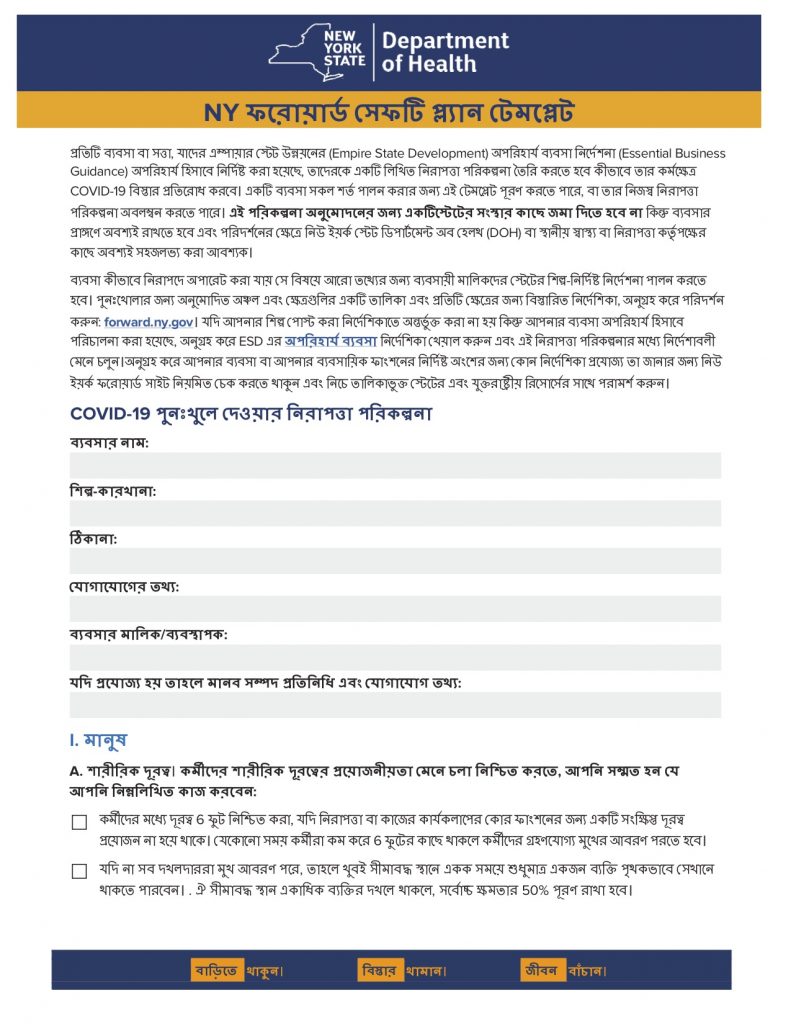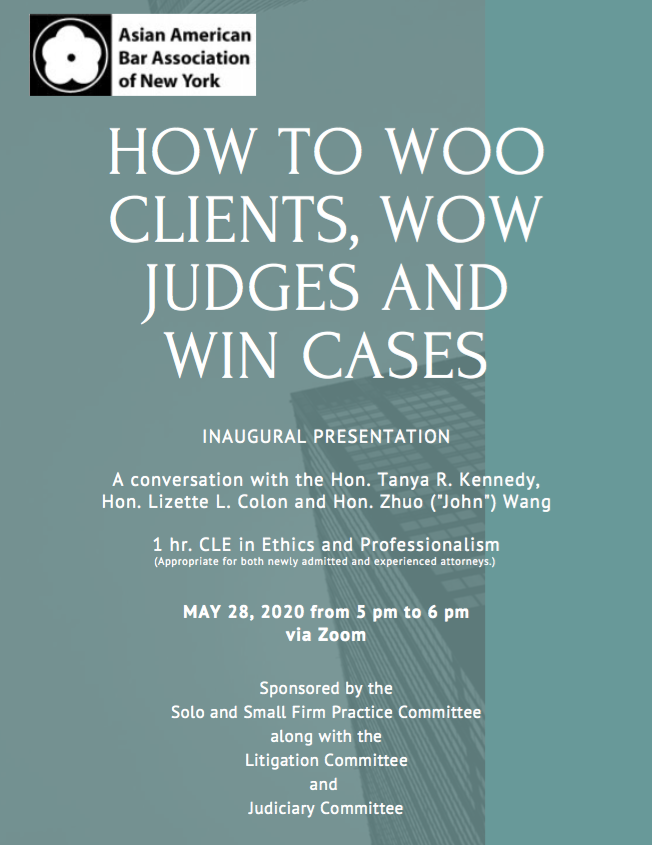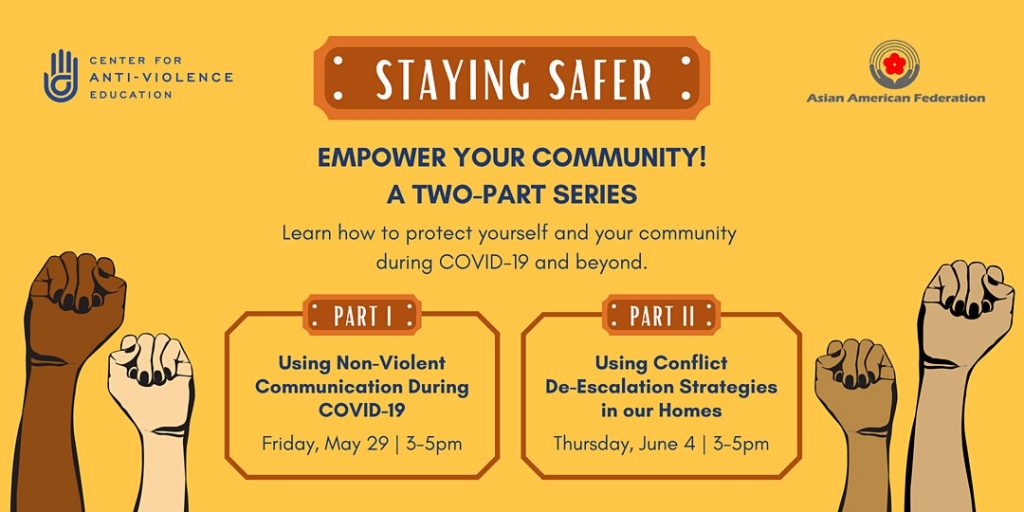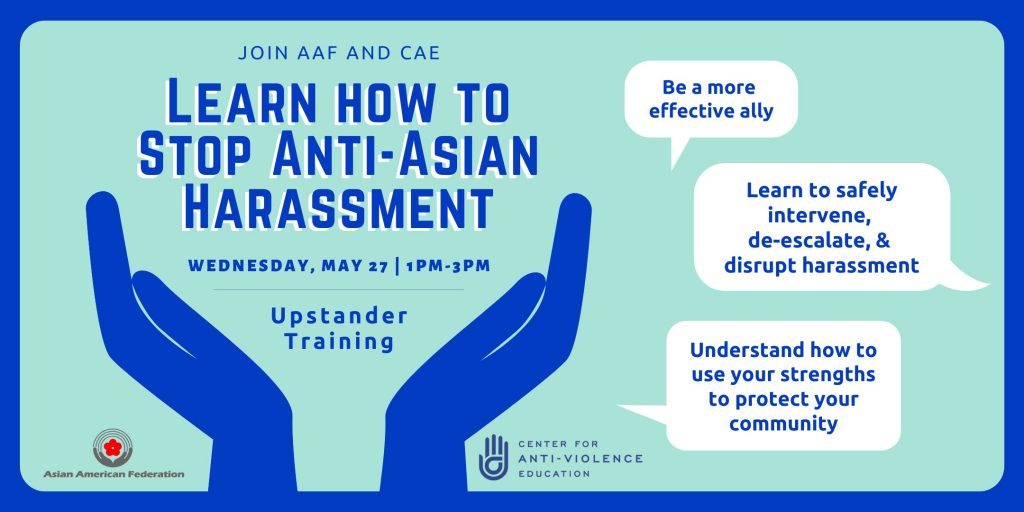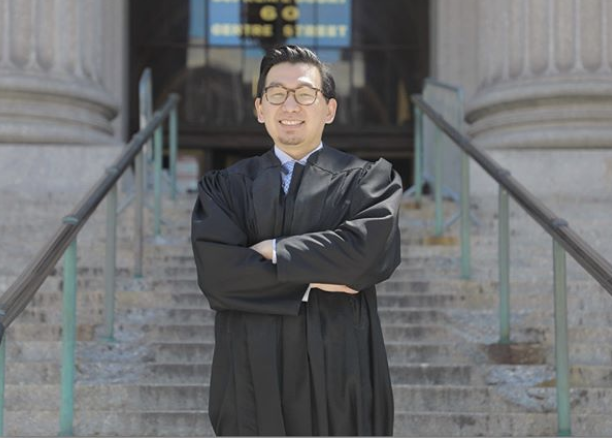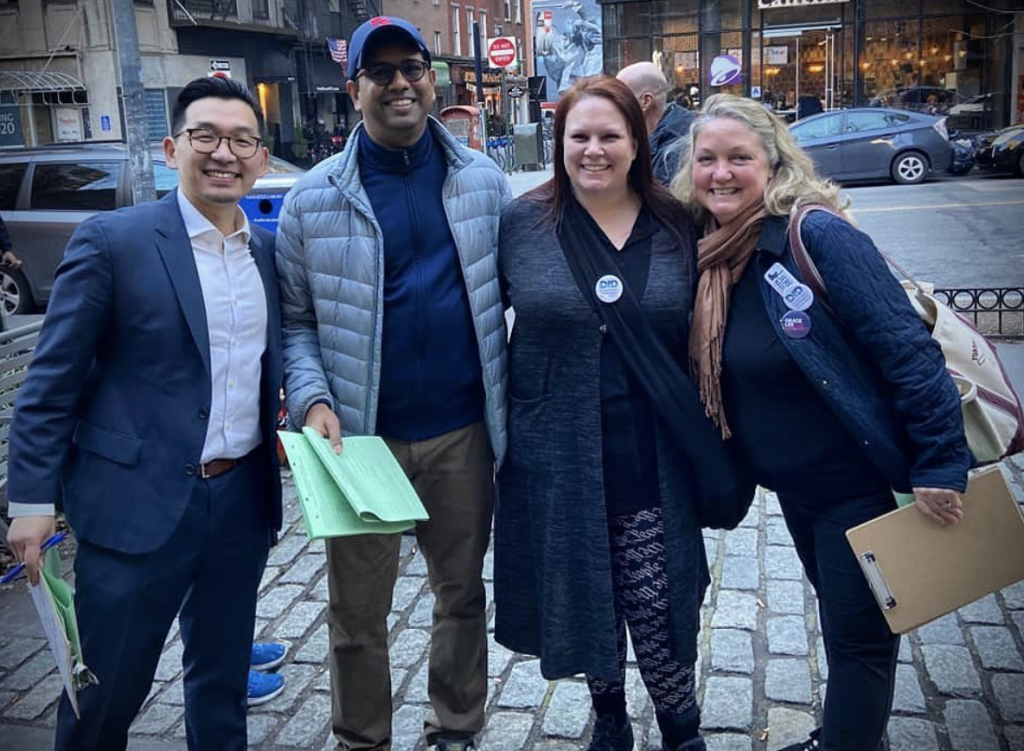The National Asian Pacific American Bar Association (NAPABA) is now accepting nominations for Officer and Director Candidates and applications for At-Large Candidates for the 2020-21 NAPABA Board of Governors.
In 1988, NAPABA was successfully formed by visionary leaders who provided the passion, determination, and support needed to transform the concept of a national Asian Pacific American bar association into a vibrant, diverse, and flourishing organization. Today, NAPABA is the voice for 50,000 Asian Pacific American attorneys, judges, law professors, and law students and represents the interests of nearly 90 national, state, and local Asian Pacific American bar associations.
The organization has grown exponentially over the past decade—maturity, stature, and staff. As a result, the NAPABA Board of Governors has continued to evolve as an oversight and governing body committed to the mission and purpose of NAPABA. The governing Board of 23 and national staff of seven (7) complement and support each other—together focused on NAPABA’s mission through different perspectives and actions.
NAPABA is committed to having a governing board that reflects the diverse Asian Pacific American legal community and has the right blend of skill, expertise, community connections, and diverse perspectives as a whole. To that end, the NAPABA Board of Governors embarked on a positive, forward looking, transformation—transitioning the Board from an operationally engaged group to a more strategically focused governing board that will employ a “best practice” standing committee framework to better execute its organizational oversight responsibilities.
The NAPABA Board of Governors now includes five (5) Officers and four (4) Directors elected by the membership, ten (10) Regional Governors chosen by the NAPABA regions, and four (4) At-Large Board Members who are appointed by the Board of Governors. In addition, the NAPABA Board of Governors has established three (3) Standing Committees: Governance, Nominations and Elections; Finance; and Programs. These new Standing Committees may include a mix of Board and non-Board members and will allow committee members to collectively oversee key strategic areas important to NAPABA, as well as assess matters of consequence in depth, and provide recommendations to the entire Board. Stay tuned for future opportunities to lend your talent and support to NAPABA and participate in NAPABA Standing Committees.
The Nominating and Elections Committee is now accepting nominations for Officer and Director candidates and applications for At-Large Board Member candidates for the 2020-21 NAPABA Board of Governors.
